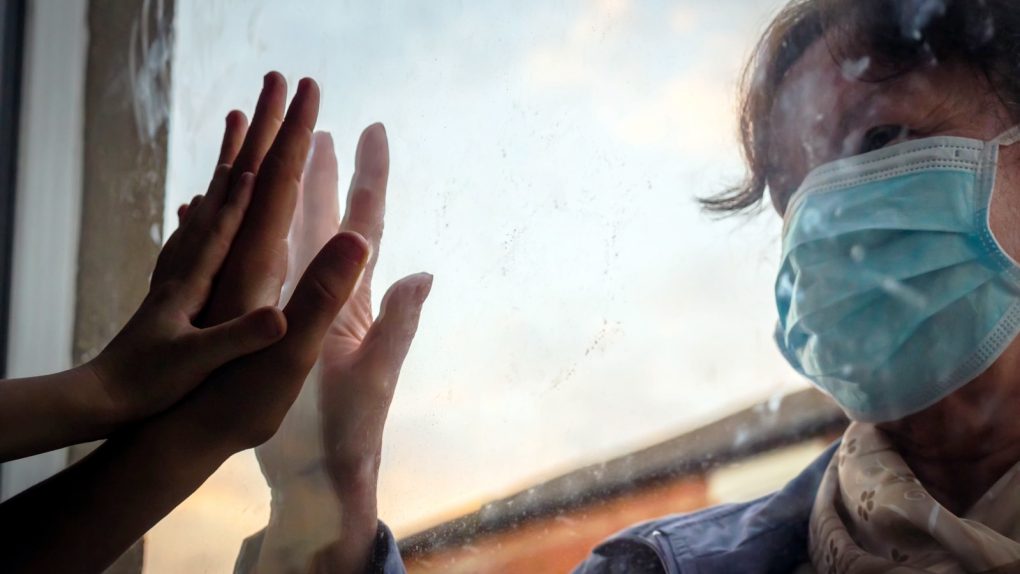- A key coronavirus immunity study came out revealing encouraging news about the kind of protection that COVID-19 survivors can expect.
- Researchers studying COVID-19 immunity have determined that T cells specific to the novel coronavirus are detectable for at least six months in patients who experienced asymptomatic and mild coronavirus cases that did not require hospitalization.
- The immunity study delivers great news for vaccine research, as many vaccines should also induce neutralizing antibodies and T cell responses.
The coronavirus immunity question might have finally been answered. A series of studies published in the past few weeks have given us more reasons to hope that COVID-19 immunity might last well beyond the lifespan of the first generation of neutralizing antibodies that appear in those patients who beat the illness. The same type of antibodies should show up after vaccines. Early theories said that the novel coronavirus would behave like other cold-inducing human coronaviruses when it comes to immunity and offer protection lasting between 6 months to a year. This might not seem like a lot, especially when it comes to vaccine protection, but it’s still better than the 2-3 months of life that some coronavirus antibodies might have.
Not all of the recent COVID-19 immunity studies are quite as promising. Scientists from the UK found that some coronavirus antibodies can disappear within two to three months. The study looked at the general population, and the researchers used random subjects for each phase of testing. All other immunity studies delivered very promising news. A paper from Iceland explained where some antibody tests are unreliable, and people who survive the infection are likely to have detectable antibodies for at least 4 months after the infection. Two separate studies from America offered similar estimates for the neutralizing antibodies: at least 5-7 months or at least 5 months. And now, a brand new paper gives us fantastic news about coronavirus immunity. A different COVID-specific part of the immune system that doesn’t show up in antibody tests lasts for at least six months.
Researchers from Public Health England and the UK Coronavirus Immunology Consortium (UK-CIC) studied T cell responses in 100 people who have survived COVID-19. T cells are key components of the immune system. They’re white blood cells involved in the response to various pathogens, not just the coronavirus. These aren’t antibodies, and testing for T cells isn’t as easy. But they’re the kind of immunity components that have a longer life than antibodies. More importantly, these cells can remember the coronavirus and summon an additional army of antibodies upon reencounter with the same pathogen.
The researchers found that the T cells they tested for had specific responses against various coronavirus proteins, Bloomberg reports. The list includes the protein that matters most for vaccine research, the spike that binds to cells, giving the virus entry to the only place where it can multiply.
The researchers found a “robust” T cell response after six months. Those who experienced symptoms had levels that were at least 50% higher than those who didn’t. The study included patients who were not hospitalized for COVID-19 therapy, having developed asymptomatic and mild cases. The study found that those people who had symptoms had levels that were at least 50%.
“To our knowledge, our study is the first in the world to show robust cellular immunity remains at six months after infection in individuals who experienced either mild/moderate or asymptomatic COVID-19,” UK-CIC lead professor Paul Moss said in a statement. “Interestingly, we found that cellular immunity is stronger at this time point in those people who had symptomatic infection compared with asymptomatic cases. We now need more research to find out if symptomatic individuals are better protected against reinfection in the future.”
The researchers will continue to study the immunity of patients and determine how long the immune response lasts. One of the things we often hear about when someone discusses coronavirus immunity is that T cell response to the SARS virus was observed up to 17 years after the 2003 epidemic. There’s no telling whether the novel coronavirus can induce a similar response.
What this particular study indicates, combined with all the recent COVID-19 immunity research that we just mentioned, is that a person who was infected with coronavirus in the past six months might still be protected against reinfection. That’s even if the first wave of antibodies is gone, including the neutralizing antibodies. There will be some exceptions to the rule, and several countries were able to prove that reinfection is possible after just a few weeks. Those seem to be exceptions so far, and true reinfections are very rare, although researchers are yet to explain what would favor reinfection. In other words, COVID-19 immunity might last a long time, but it might not work for everyone as efficiently. Protective measures like face masks, social distancing, and hand washing will still be required even after surviving the illness.
Some of the vaccine frontrunners have already proven they can replicate this dual immune response (neutralizing antibodies and T cells). Hopefully, the protection will last for at least six months.








